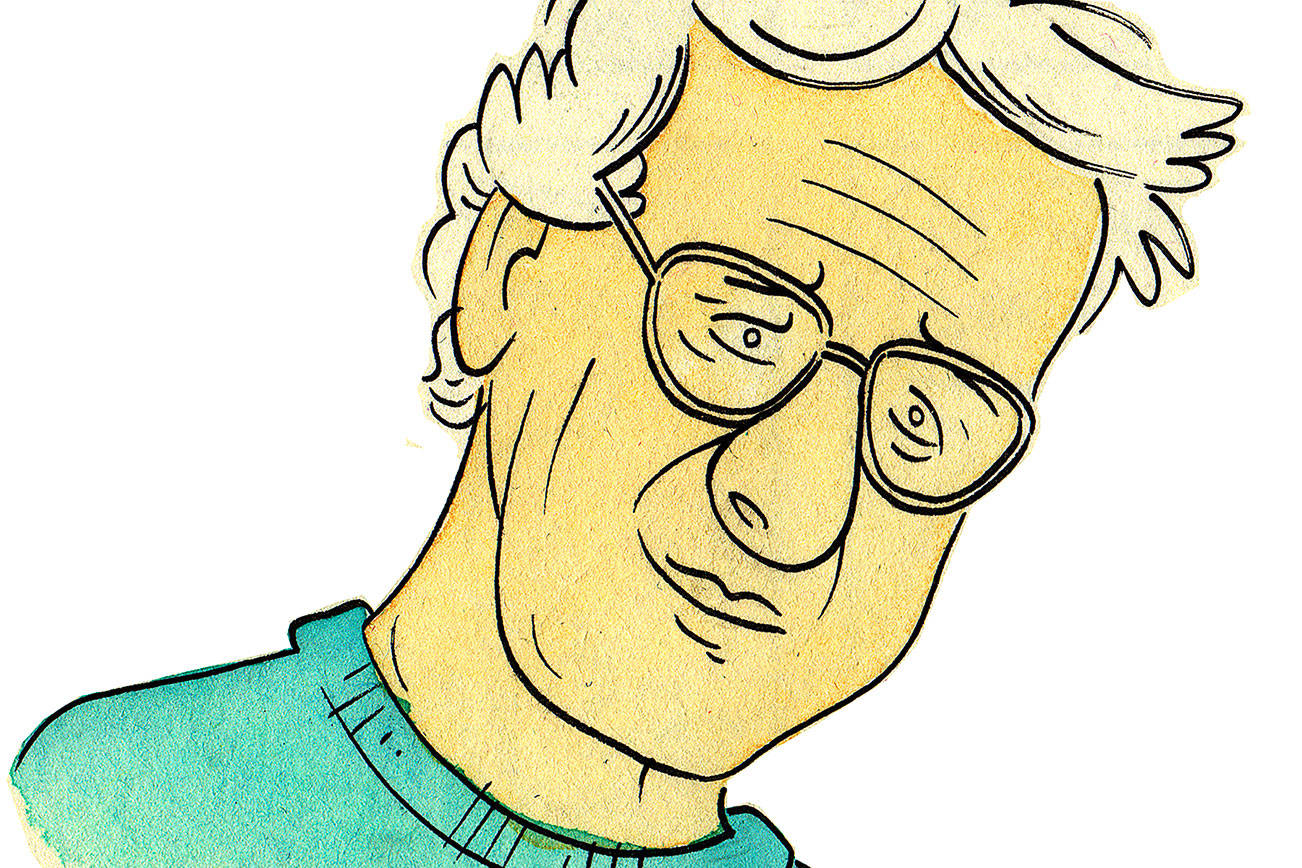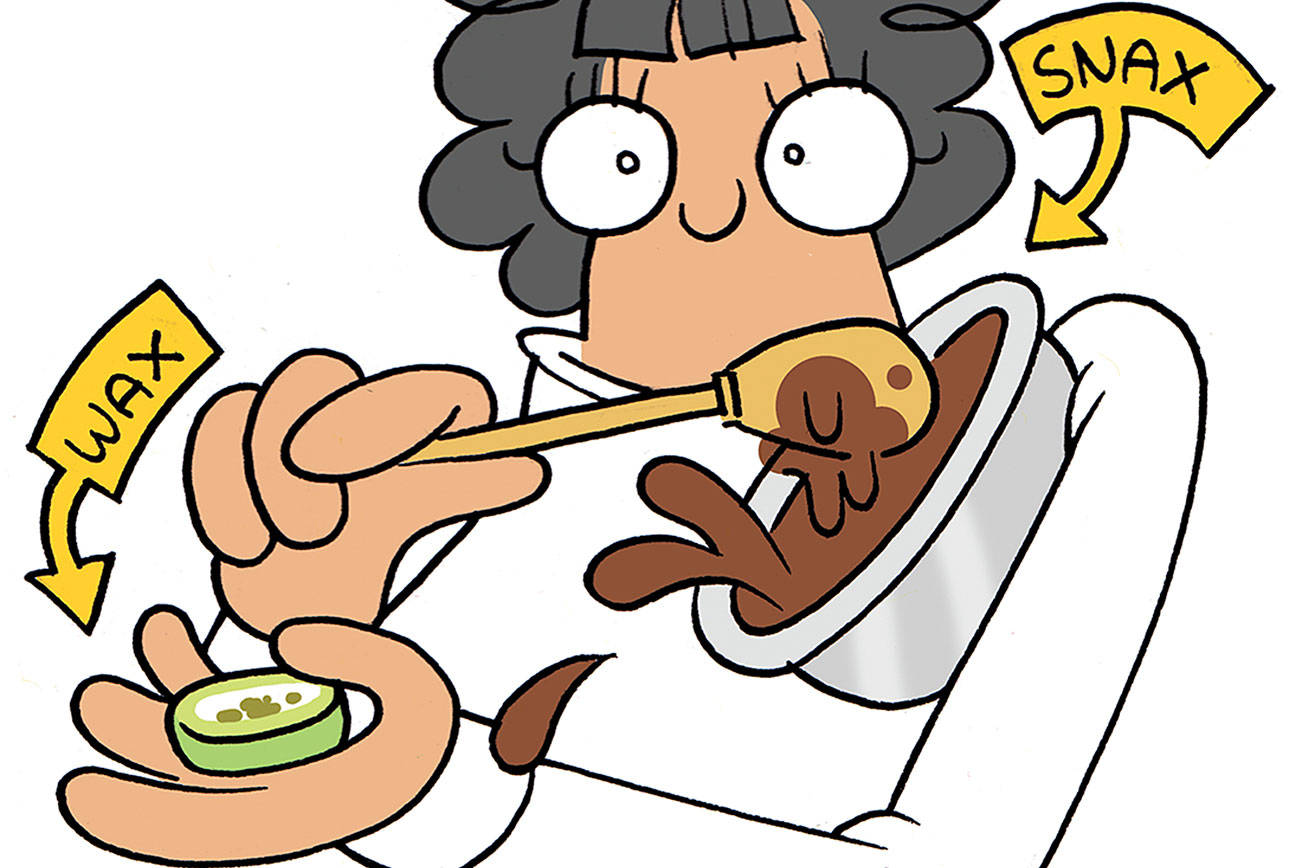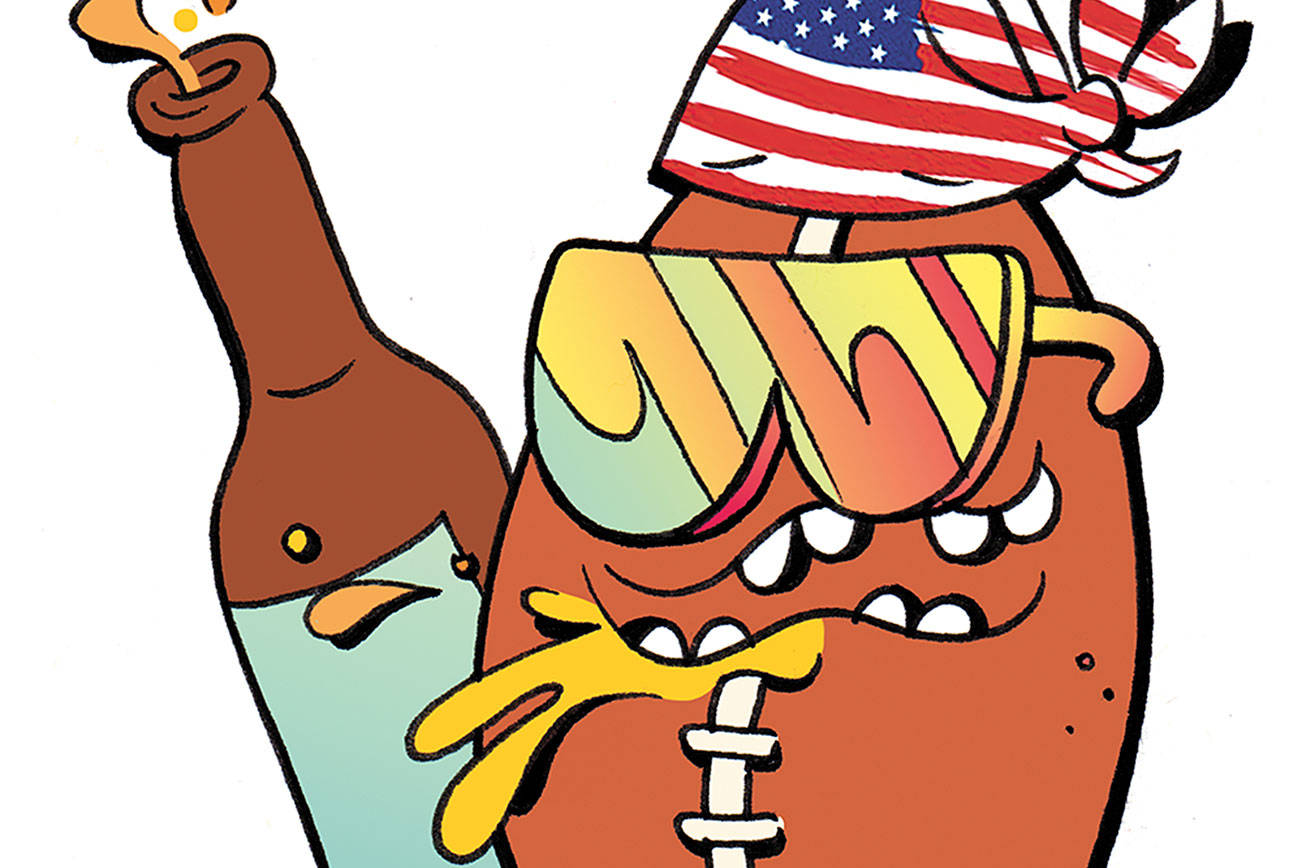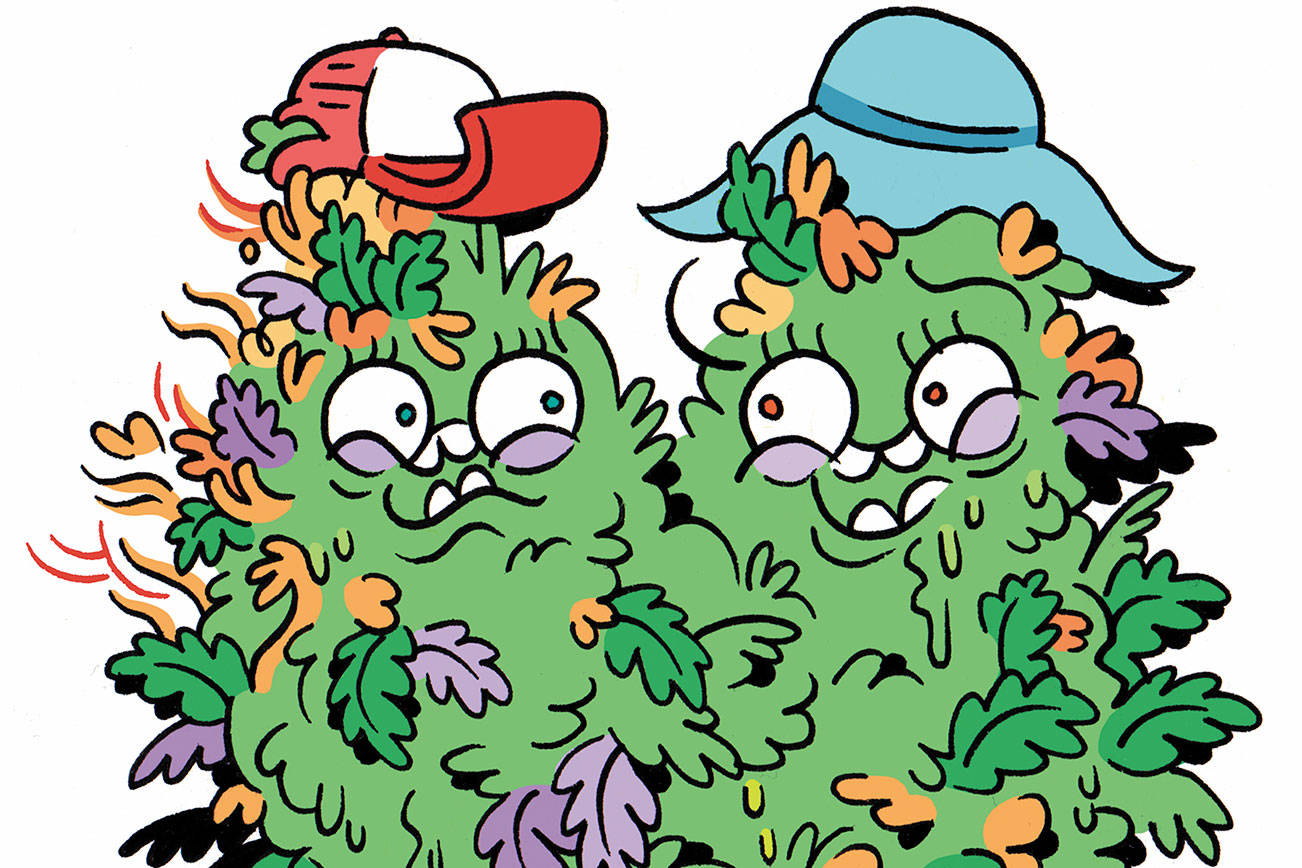It’s been a tough few months for the medicinal-marijuana community. Shortly after the death of Seattle pot activist Joanna McKee, we suffered another loss with the death of fellow advocate Dennis Peron, one of the most influential people in the history of the American medicinal-cannabis movement.
In 1991, Peron helped pass Proposition P, a resolution to permit medical cannabis in California. It received 79 percent of the vote. That same year, he co-founded the San Francisco Cannabis Buyers Club, the first public cannabis dispensary, with “Brownie Mary” Rathbun, John Entwistle Jr., Dale Gieringer, Tod Mikuriya and others. Part community center, part pharmacy, part political think tank, the SFCBC in its heyday saw over 9,000 clients. The collective got to work providing cannabis products to patients and writing what would become Proposition 215.
Otherwise known as The Compassionate Care Act, Proposition 215 allowed California patients with a doctor’s prescription to grow and possess cannabis. It was passed in 1996 with over 55 percent of the vote, making California the first state to legalize medicinal cannabis. Peron’s work laid the groundwork for how nearly every other state in the country has gone about legalizing medicinal marijuana.
Peron first tried pot while fighting in the Vietnam War. He snuck a couple pounds back with him when he came home, and settled in San Francisco’s Castro District. He became a yippie, living in a commune and selling weed, happy to be a self-described bohemian “hippy faggot.”
The bucolic spell of utopic San Francisco was broken with the assassination of Peron’s friend, openly gay mayor Harvey Milk. As the ‘80s broke, AIDS ravaged the gay community of San Francisco. Peron witnessed the medical effects of cannabis for people suffering from the disease. When his partner, Jonathan West, succumbed to the illness in 1990, it lit a fire in Peron’s heart. “In my pain, I decided to leave Jonathan a legacy of love,” Peron told the Los Angeles Times in 1996. “I made it my moral pursuit to let everyone know about Jonathan’s life, his death, and his use of marijuana, and how it gave him dignity in his final days.”
After the San Francisco Cannabis Buyers Club closed in 1998, Peron moved out to a 20-acre farm north of San Francisco. He grew cannabis and gave it free to patients in need. He actually voted against Proposition 64—the 2016 ballot measure which legalized recreational use in California—because he believed that it would harm local growers, make it easier to persecute and arrest people, and only help big business.
The 72-year-old Peron died of lung cancer, induced by exposure to Agent Orange in the war.
“No person is more responsible for the legalization of medical marijuana than Dennis,” said Dale Gieringer, a coordinator for the pro-legalization organization California Norml, in an interview with The New York Times. “He was in the right place, at the right time as a gay-rights leader at the time of the AIDS epidemic; he had the right experience as a pot dealer, the gumption to go ahead and do it, and the trust of the people of San Francisco, who respected his efforts.”
stashbox@seattleweekly.com







